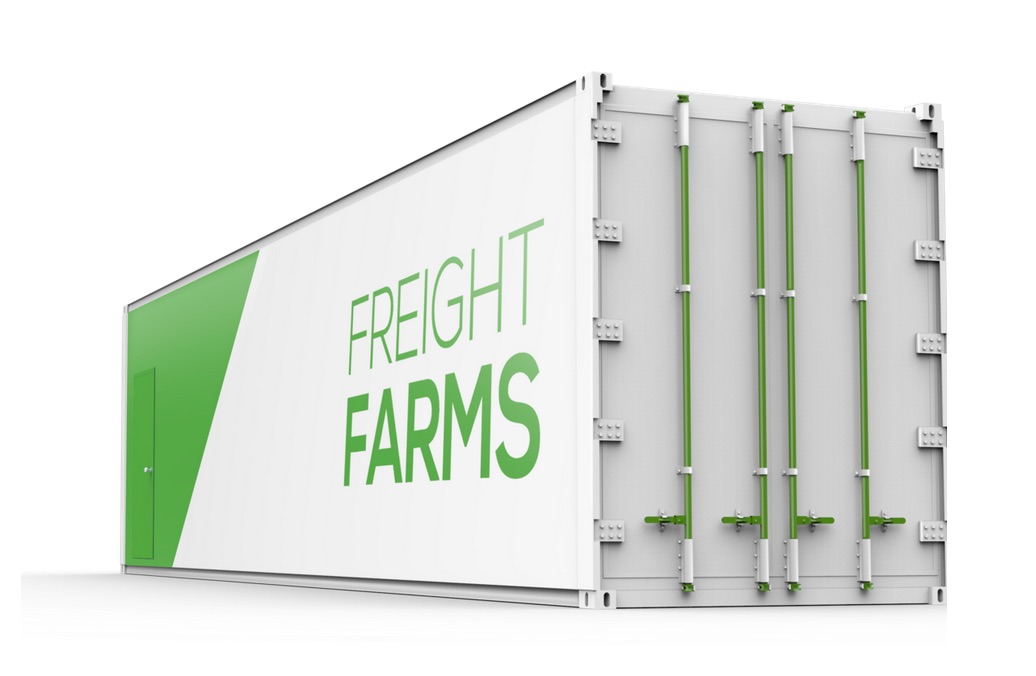 The following story is surely a sign of the impending implosion of the next tech bubble — too much easy money flowing to too many bad and lazy ideas.
The following story is surely a sign of the impending implosion of the next tech bubble — too much easy money flowing to too many bad and lazy ideas.
While an increasing number of people dream of a future built on renewable, clean energy, some entrepreneurs are defining ways to make gasoline (petrol) consumption even more convenient for consumers. Welcome to Uber-style, gas delivery on-demand.
This casts my mind back to the mid-1960s, recalling the deliveries of black, sooty coal to our cellar (basement) coal bunker. Thankfully, the UK’s Clean Air Acts of the 1950s and 60s finally paved the way for cleaner fuel and cleared the skies of unhealthy, mid-century London smog.
Surely, these modern day counterparts are heading in the wrong direction just to make a quick buck.
From the Guardian:
It is hard to imagine a less hospitable niche for a startup to enter than gasoline – a combustible commodity that is (one hopes) being innovated into obsolescence.
And yet, over the past 18 months, at least six startups have launched some variation on the theme of “Uber for gas” – your car’s tank gets refilled while it is parked somewhere.
The gas delivery startup founders all share similar stories of discovering the wannabe entrepreneur’s holy grail: a point of friction that can be translated into an app.
“David, one of the co-founders, basically said, ‘I hate going to the gas station’,” said Nick Alexander, the other co-founder of Yoshi, of their company’s origins. “I think he had run out of gas recently, so he said, ‘What about an idea where someone comes and fills your car up?’”
For Ale Donzis, co-founder of WeFuel, the moment came when he was trying to get gas in the middle of winter in upstate New York and realized he had forgotten his gloves. For Frank Mycroft, founder and CEO of Booster Fuels, it was during his wife’s pregnancy when he started refueling her car as well as his own.
“It wore on me,” Mycroft said. “I didn’t like doing it.”
The tales of gas station woe are the kind of first-world problems that have inspired a thousand parodies of startup culture. (A customer testimonial on the website of Purple, another gas delivery service, reads: “I live across the street from a gas station, but I don’t always have time to make the stop.”)
But delivering large quantities of a toxic and flammable liquid is significantly more complicated – and regulated – than delivering sandwiches. The companies generally source their gasoline from the same distributors that supply 10,000-gallon tankers to retail gas stations. But the app companies put the fuel into the back of pickup trucks or specially designed mini-tankers. Booster Fuels only services cars in open air, corporate parking lots on private property, but other companies offer to refill your car wherever it’s parked.
Read the entire story here.
Image: Nelson’s Column during the Great Smog of London, 1952. Courtesy: By N T Stobbs, CC BY-SA 2.0.
 If you’ve read my blog for a while you undoubtedly know that I have a rather jaded view of tech startup culture — particularly with Silicon Valley’s myopic obsession for discovering the next multi-billion dollar mobile-consumer-facing-peer-to-peer-gig-economy-service-sharing-buzzword-laden-dating-platform-with-integrated-messaging-and-travel-meta-search app.
If you’ve read my blog for a while you undoubtedly know that I have a rather jaded view of tech startup culture — particularly with Silicon Valley’s myopic obsession for discovering the next multi-billion dollar mobile-consumer-facing-peer-to-peer-gig-economy-service-sharing-buzzword-laden-dating-platform-with-integrated-messaging-and-travel-meta-search app.
 The following story is surely a sign of the impending implosion of the next tech bubble — too much easy money flowing to too many bad and lazy ideas.
The following story is surely a sign of the impending implosion of the next tech bubble — too much easy money flowing to too many bad and lazy ideas.